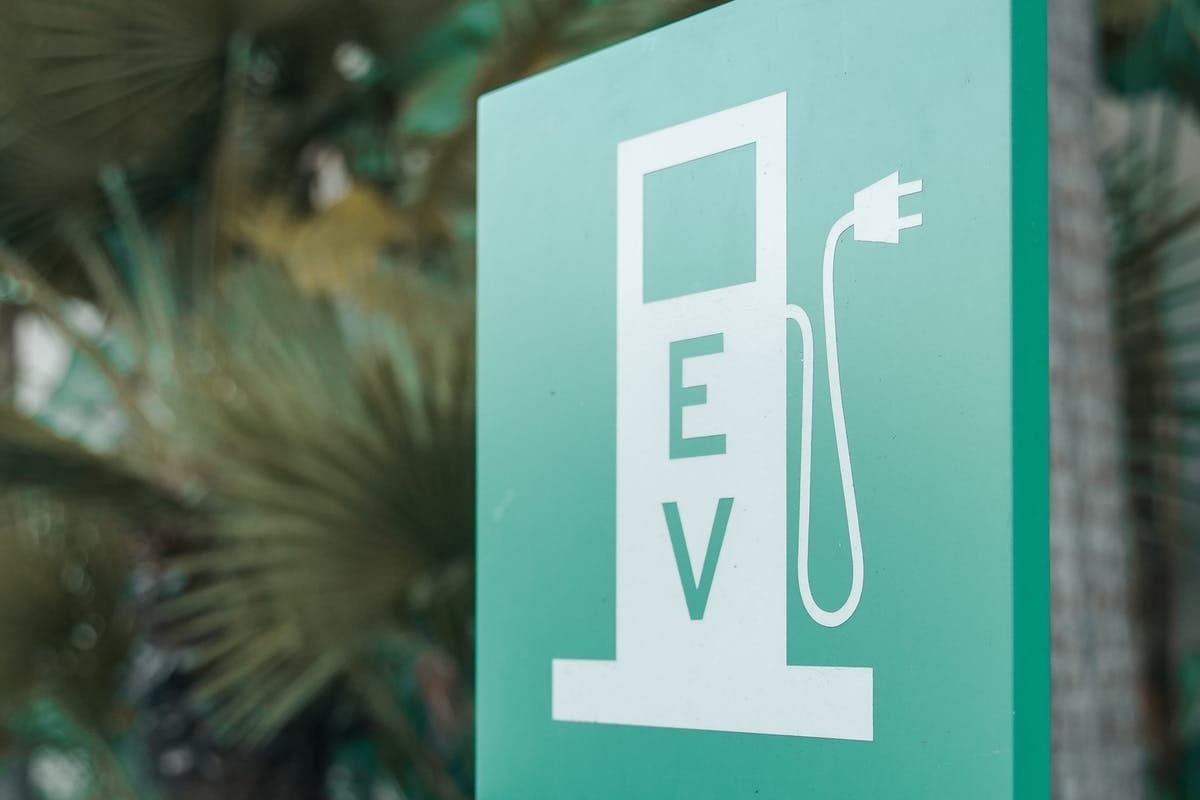According to a report by Yes Bank and FICCI, about 11.5 percent of the total vehicles in Delhi are EVs. It is followed by Kerala with 11.1 percent EV. Assam is at third place in this list. The share of EVs in the total vehicles in Assam is about 10 percent, of which a large number are electric two-wheelers and three-wheelers. The compound annual growth rate (CAGR) of electric vehicles has been higher in Gujarat, Odisha, Kerala and Punjab between FY 2021 and FY 2024. This report states that the country’s top five states accounted for more than half of the total EV sales in the last financial year.
To promote electric vehicles in Delhi, the state government had recently introduced a new EV policy. In this, some incentives like exemption in road tax have been given for electric vehicles. Measures are being taken to promote EV in many states of the country. These measures include exemption in road tax and increasing the number of EVs in government vehicles.
The central government has set a target to rapidly increase the number of electric vehicles. For this, in September the government had approved two schemes worth Rs 14,335 crore. It aims to promote EVs including buses, ambulances and trucks and reduce pollution. These schemes include PM Electric Drive Revolution in Innovative Vehicle Enhancement (PM E-DRIVE) and PM-eBus Sewa-Payment Security Mechanism (PSM). The government will allocate approximately Rs 10,900 crore for PM E-DRIVE and approximately Rs 3,435 crore for PSM. PM E-DRIVE can be very helpful in reducing pollution. Under this scheme, subsidies/demand incentives worth Rs 3,679 crore will be made available for electric two-wheelers, electric three-wheelers, electric ambulances and electric trucks. This scheme will help in purchasing 24.79 lakh electric two-wheelers, about 3.16 lakh electric three-wheelers and 14,028 electric buses.



